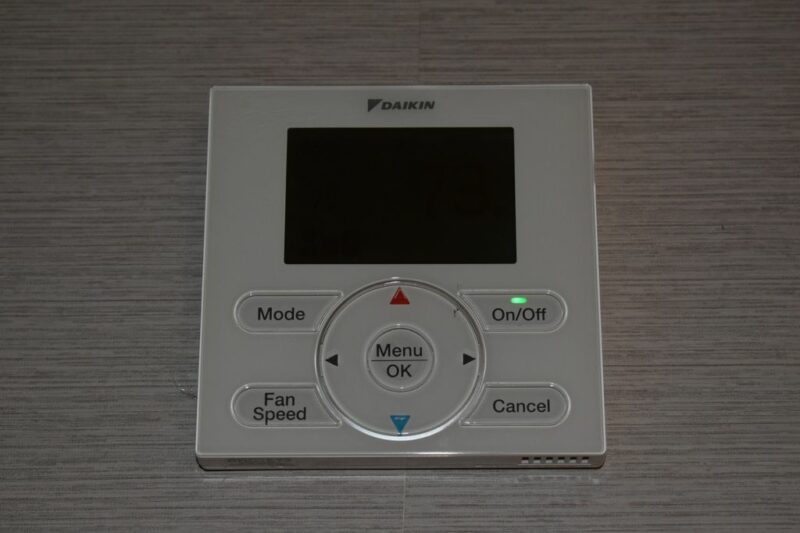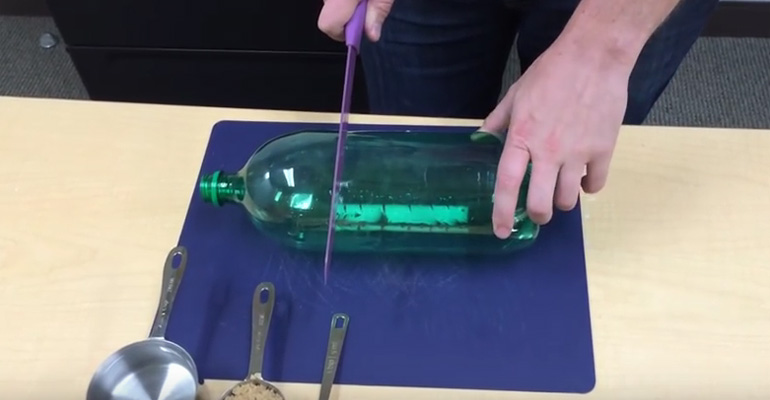Breathing Easier with MERV 11 Filters: Understanding Their Significance in Achieving Clean Indoor Air
You have recently moved into a new home, and you and your family are excited about making it a comfortable and safe living space. However, you start noticing some issues with the air quality indoors. There’s a constant presence of allergens, unpleasant odors, and even the occasional cough or sneeze from family members with allergies. Concerned about the health and well-being of your loved ones, you realize that the air conditioning system and its filters might be playing a crucial role in maintaining a clean and healthy environment.
In your quest to find a solution, you come across the term MERV 11 filters. MERV ratings indicate the effectiveness of AC filters in removing airborne contaminants. AC filters with a MERV rating of 11 are among the most popular filters used in commercial and residential settings. These filters allow adequate airflow into the system while providing good filtration. If you want to buy a new filter, you might want to learn about the benefits of the MERV 11 filter to make an informed decision.
Efficiency in Filtering Out Contaminants

MERV 11 filters provide better filtration than other lower MERV rating filters. With MERV 11 filters, you can remove around 55% to 65% of airborne particles of sizes 1.0 to 3.0 microns, and 85% of contaminants from 3.0 to 10.0 microns.
The most common types of contaminants a MERV 11 filter can capture are lead dust, charcoal dust, legionella, smoke particles, pollen, debris, pet dander, hair, carpet fibers, mold spores, and sneeze nuclei.
MERV 11 AC filters effectively remove allergens from the indoor air, making them the right choice for homes with occupants who have allergies. Some MERV 11 AC filters contain antimicrobial agents that enhance their filtering capabilities. The American Society of Heating, Refrigerating, and Air Conditioning Engineers (ASHRAE) recommends homeowners use filters with MERV ratings 8 to 13.
MERV 11 Filters Require Less Frequent Replacements
MERV 11 filters are typically made of fibers layered together to form a dense mat that can trap many large and small particles. In addition, these filters are made of several pleats, which enhance their surface area for improved filtration.
Since MERV 11 filters provide a relatively high level of filtration compared to other models, they may get clogged quicker and require replacement. If you do not replace a filter after it is clogged, it can significantly restrict airflow, causing the HVAC unit to underperform or get damaged.
Higher MERV-rated filters have a common disadvantage when used with HVAC units that are not powerful enough for them. These filters can restrict airflow through the HVAC system. Therefore, it is recommended that you use the filter recommended by the manufacturer.
Cost Effective Compared to Other Models
While it is true that lower MERV rating AC filters are less expensive, they are less likely to improve indoor air quality and eliminate foul smells from the air as compared to the MERV 11 filter.
MERV 11 AC filters may come with a slightly higher price, but they can save you money in the long run. For example, AC filters with lower MERV rating filters generally require a replacement every one to two months, making them a less cost-effective option than MERV 11 filters—which can last longer.
Although household HVAC units can have an AC filter with a MERV rating as high as 13, higher MERV filters might not be suitable for residential HVAC units. Consult an HVAC professional to determine the right filter for you. Visit https://filterking.com/hvac-filters/merv-11-air-filter-review to learn more about MERV 11 filters.
Please share how switching to MERV 11 air conditioner filters can help with allergies with your friends and family.



